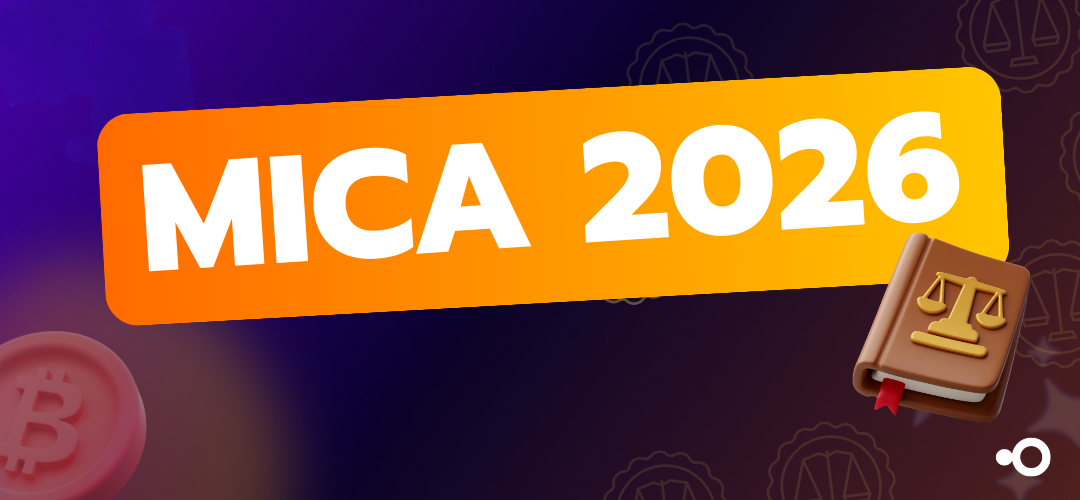As Donald Trump returns to the political spotlight, one burning question remains: What is his position on crypto “debanking,” the controversial practice of banks closing the accounts of businesses and individuals with ties to cryptocurrencies? Despite promises to support innovation, the Trump administration has yet to address the issue, leaving many in the crypto industry in limbo.
Crypto “Debanking”: A Practice That Strangles Innovation?
Crypto “debanking” is the practice of banks closing the accounts of businesses and individuals suspected of being linked to cryptocurrencies. This practice, often justified by anti-money laundering (AML) and know-your-customer (KYC) concerns, is having a significant impact on the crypto industry, limiting access to financial services and hindering innovation.
Crypto companies often find themselves unable to open bank accounts or process transactions, making it difficult to grow their businesses. Individuals who invest in cryptocurrencies can also be “debanked,” denied access to their funds. This practice creates a climate of uncertainty and mistrust that hinders the adoption of cryptocurrencies.
The Trump administration faces “debanking”: a deafening silence
Despite repeated calls from the crypto industry, the Trump administration has yet to take a position on “debanking.” This silence is all the more surprising given that Trump has presented himself as a defender of innovation and economic freedom. The lack of response leaves crypto players in uncertainty and fuels fears about a possible tightening of regulations.
There are several reasons for this silence. The Trump administration may be divided on the issue, with some advisors pro-crypto and others more skeptical. It may also be reluctant to intervene in banks’ decisions, considering that this falls within their freedom of enterprise. Whatever the reason, the lack of response is seen as a lack of support for the crypto sector.










